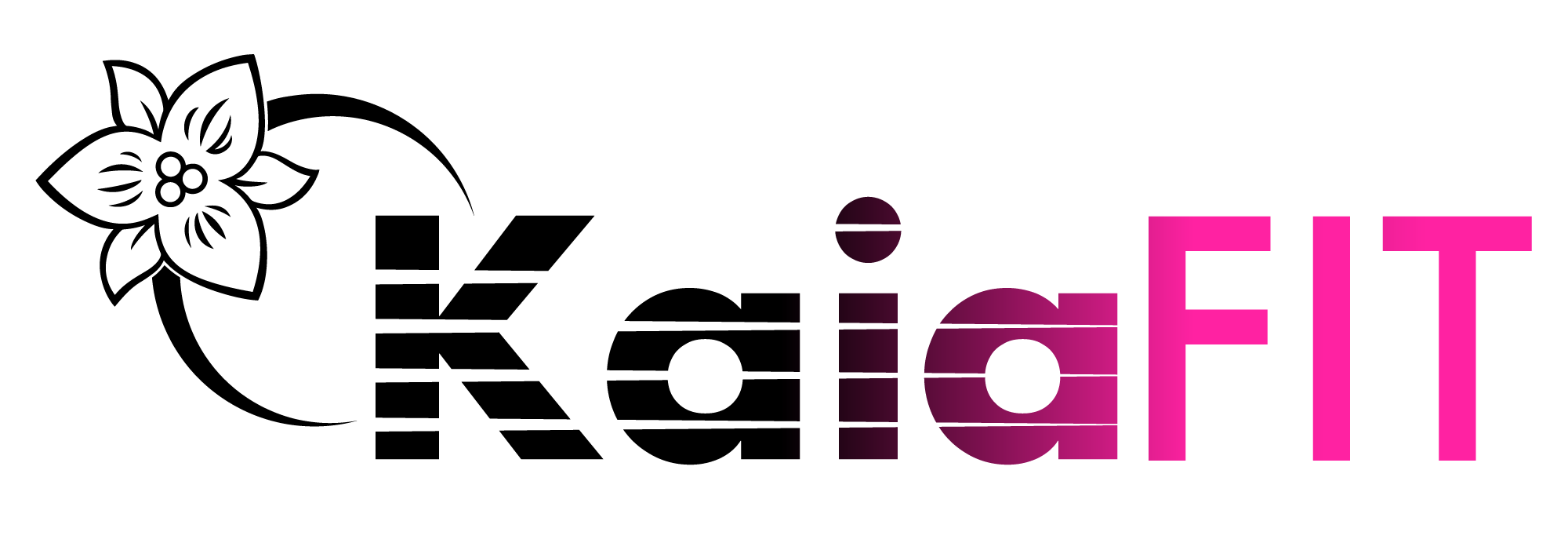When I first signed up to write a few words about being financially healthy, I had zero idea that we as a nation, heck as an entire world, would be facing the Coronavirus. Originally, I had visions of nerd-ing out on spreadsheet facts and various bits of wisdom I had retained from a multitude of financial books, workshops and experts in the field.
Instead, I feel that we are being given the time to get down to the fundamentals of our financial health which we could sum up as the knowledge of basic math addition and subtraction.
I am frequently asked how to define success, and most are shocked when I tell them that I can’t define that for them. Why, especially for me a very black/white, right/wrong, totally subjective person, should I be challenged by being able to define success. I have come to realize that the reason I cannot define it, is because, well, it’s subjective. There I said it, success is subjective! You need to determine what success looks like for you and for your family. And sometimes that vision of success changes as our lives change.
For me, success in my 20s and 30s was a detached single-family home, with an ocean view and a hard-top convertible BMW in my driveway and no debt other than my student loan for my master‘s degree and my mortgage payment. In my 30s and 40s, I “gave up” everything to marry my husband and move 550 miles away, gasp!, live inland and be a housewife. I cried every day for the first six months of my marriage because I missed my home town, I missed my family, I missed my friends and yes, I missed working. I missed the things that I felt had made me feel successful.
Now in my late 40s, I realized success for me is being married to a good man, having a happy and healthy family, being active in my community via volunteer work and being financially secure with our basic needs being met without me having to “work”. For me, that vision of success dramatically shifted as my life changed and I had to accept these changes for my mental health.
Now that the world seems to have stopped and many of us have had a drastic and sometimes frightening halt to our “normal’ way of life, we have to get down to the basics. Let’s start with the basics of addition and subtraction. What do we have coming in the way of income or revenue and what do we have going out in the way of expenses?
One of the easiest ways to figure this out is to take a look at your monthly spend, list out every single item that you have spent money on in a set amount of time. Now look at all of your revenue for that same time period. If your spend is more than your receipts, then you need to either cut expenses or increase revenue.
Usually, this is not such an easy fix. It forces us to really look at all those items and be able to justify the spends and be accepting of the possible limits of income coming in. If you do not think that you can be objective to the spend, seek assistance from someone you trust and have them help you clearly look at this list. Believe me as a Starbucks junkie, I can find 50 reasons why I feel that my daily fix is a necessity. Perhaps look at each individual spend and ask yourself what the ROI (return on investment) is. Depending on your fiscal health, this exercise can assist you with determining the value of the ROI at this point in time.
The bottom line goes to the basic math of addition and subtraction with your ins and out of funds.
A second activity that I often recommend it to take a look at your monthly and yearly cash flow. When do you have expenses going out and when do you have income coming in. For those -who are dependent on paychecks, this could be based on whether your pay cycle is weekly, bimonthly or monthly.
In my career I have become accustomed to all of the various pay cycles including seasonally when I owned a termite and pest control company. It was seasonal work, which meant no income during the winter months. Now get your calendar out and compare the dates of when your income comes in and when you pay bills. Do these line out? Are there items that can be changed? Have you even asked? Start making calls. Maybe a set auto draft can’t be changed. Ok, then take it off auto pay and set a reminder on your calendar to pay the bill on a certain date. This allows you to control when the expenses are coming out, which will help you better manage your cash flow.
Are these steps a cure all? No, of course not. What they do allow us to do is to be truthful with ourselves as to what our financial health currently looks like. Once we know what the diagnosis is, then we can truly set up the path to treat the symptoms of fiscal disease and work towards a healthier fiscal bottom line.
With the world in crisis right now, your definition of success may be dramatically changed. And with these challenges, we must learn to be flexible and to reassess what our needs are, both professionally and personally.
Now is not the time to drop our heads in defeat. Instead, put your head down and make the changes that you do have the power over. Perhaps, cutting expenses, perhaps reaching out to ask for assistance from your vendors, lenders, friends/family or by seeking assistance from a debt management provider. It sounds cliché, but truly knowledge is power and now more than ever we need to know where we are so that we can make the changes necessary to get where we want to be.
What are you doing for your mental and fiscal health? Do you know where you are? Have you ever really considered what success looks like for you? Now, more than ever, we have been given the opportunity to really dive into these questions. It’s up to you, and I have complete faith that you can do this, so get going!
Jacie Tallon Peters, MPH, Head of Finance Kaia Corp
Mrs. Peters is a third-generation small business owner and retired health care professional. In addition to serving as a Managing Partner and Operator at Excellent Fumigation, a termite and pest control company based in Southern California, she serves as the Director of Finance for Kaia FIT Corporate. In Jacie’s free time she serves on the Carson Valley Chamber of Commerce Board of Directors, Footprinters International (a law enforcement support organization) and the Executive Board of Directors for the Carson Valley Community Food Closet. Jacie and her husband reside in Northern Nevada with their two pups.




